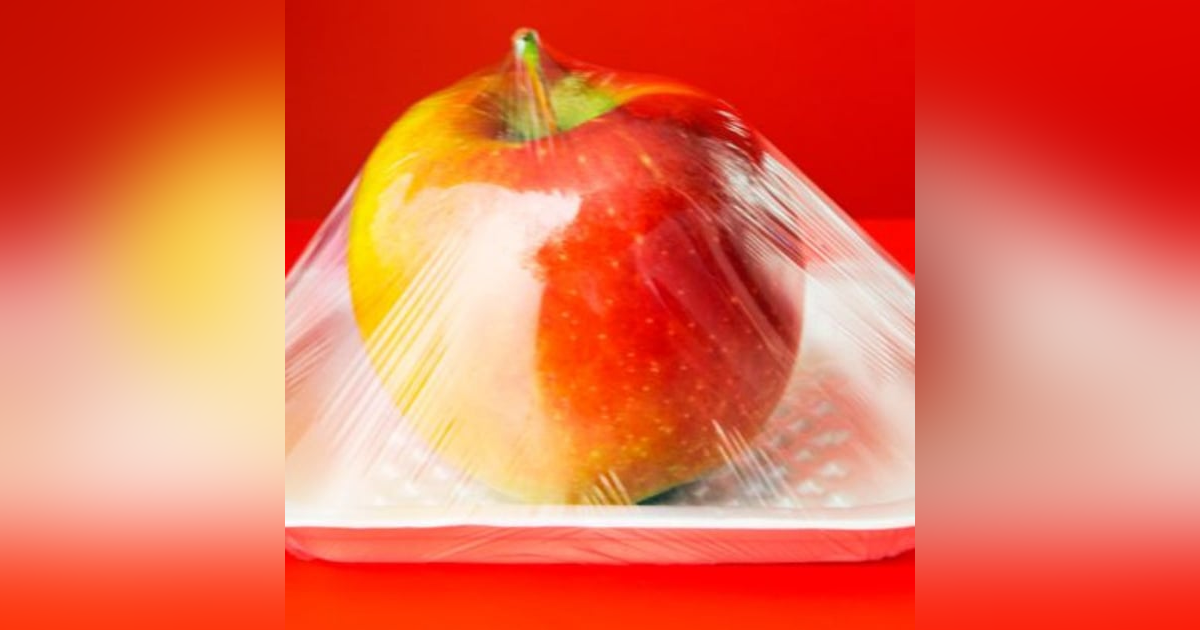183: Reusing and recycling are tactical. Reducing is strategic.

I finally saw how to see reducing versus reusing and recycling. The distinction is subtle until you get it. Then you see that missing it leads people to counterproductive behavior and, egregiously, feeling good about that counterproductive behavior, leading them to do it more.
I read yet another person posting about recycling who didn't realize or address that if we keep producing plastic, it won't matter how much we reuse or recycle, we'll still choke ourselves with it.
The pattern and view I describe in today's episode applies for mercury, CO2, ocean acidification, using up resources other species need until they're extinct, and so on.
Actually, it's more, because reusing and recycling increase supply, which lowers the cost. The place to look for the effect of recycling is not at the specific case. Yes, if you recycle a given water bottle it will stop that bottle from polluting, but lowering the price by putting it back into circulation leads to more uses, like individually wrapped apples and other waste. It's like the fat on an obese person who keeps eating more calories than he or she uses. You get rolls on top of rolls and fat stuffed between all his or her organs.
We're bursting at the seams with plastic, and everyone stops at recycling or reusing while we produce ever more. Same with CO2, mercury, etc.
I've tried to figure out how to explain that feeling good about counterproductive behavior accelerates it.
Today's episode shares the view I came to recently. The title describes it:
Reusing and recycling are tactical. Reducing is strategic.
Hosted on Acast. See acast.com/privacy for more information.







